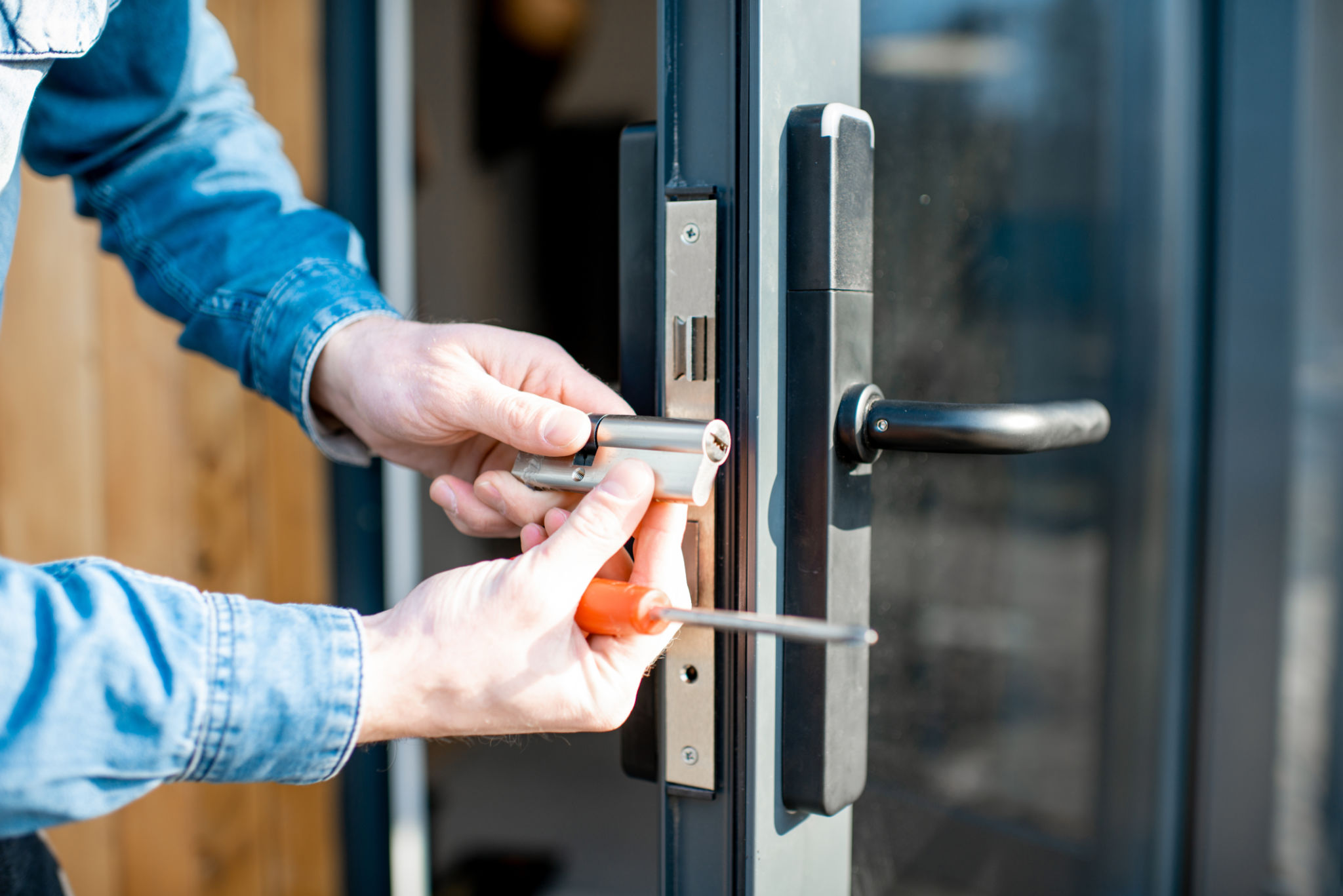Smart Lock Solutions vs Traditional Locks: Which is Right for Your Home?
Understanding the Basics
In today's world, the concept of home security is evolving. Traditional locks, once the cornerstone of home protection, are now sharing the stage with cutting-edge smart lock solutions. But which option is best for your home? Understanding the basics of each can help you make an informed decision.
Traditional locks have been around for centuries, providing a simple and effective means of securing doors. They are typically mechanical, relying on keys for operation. On the other hand, smart locks offer a blend of convenience and technology, allowing homeowners to control access through smartphones, keypads, or even biometrics.

Pros and Cons of Traditional Locks
Traditional locks are valued for their simplicity and reliability. Here are some of their advantages:
- Affordability: Generally less expensive than smart locks.
- Ease of Use: Simple to install and operate without needing technical knowledge.
- Durability: Long-lasting with minimal maintenance required.
Despite these benefits, traditional locks come with certain drawbacks. They can be picked or bumped, increasing the risk of unauthorized entry. Additionally, lost keys can become a significant inconvenience.
The Advantages of Smart Lock Solutions
Smart locks are gaining popularity due to their advanced features and convenience. Some advantages include:
- Remote Access: Lock or unlock doors from anywhere using a smartphone app.
- Keyless Entry: No need to carry keys; use codes, fingerprints, or mobile devices instead.
- Activity Logs: Track who enters and exits your home with time-stamped records.

However, smart locks can be more expensive and require a stable internet connection to function optimally. Additionally, concerns about hacking and battery life are considerations for potential users.
Which is More Secure?
The security of traditional locks vs. smart locks depends largely on the specific product. High-quality traditional locks can offer excellent protection against physical tampering but lack advanced features like notifications or remote access.
Smart locks, with their technological advancements, can enhance security by allowing homeowners to monitor access in real-time. Yet, they must be securely configured to prevent digital intrusions.
Installation and Maintenance
Traditional locks are straightforward to install, often requiring minimal tools and expertise. Once installed, they require little maintenance aside from occasional lubrication or key duplication.

Smart locks, while relatively easy to set up, may require compatibility checks with existing door hardware or smart home systems. Regular software updates are necessary to maintain security and functionality.
Making Your Decision
The choice between smart lock solutions and traditional locks ultimately depends on your priorities. If you value simplicity and cost-effectiveness, traditional locks may suffice. For those seeking enhanced features and remote control, smart locks could be the preferred option.
Consider factors such as budget, the importance of remote access, and willingness to embrace new technology when making your decision. Whichever you choose, ensuring the security of your home should always be the top priority.
Conclusion
Both smart lock solutions and traditional locks offer unique benefits and potential drawbacks. By understanding their differences and assessing your home's specific needs, you can select the best option for safeguarding your residence. As technology continues to advance, staying informed about new developments will help you maintain optimal security in your living space.